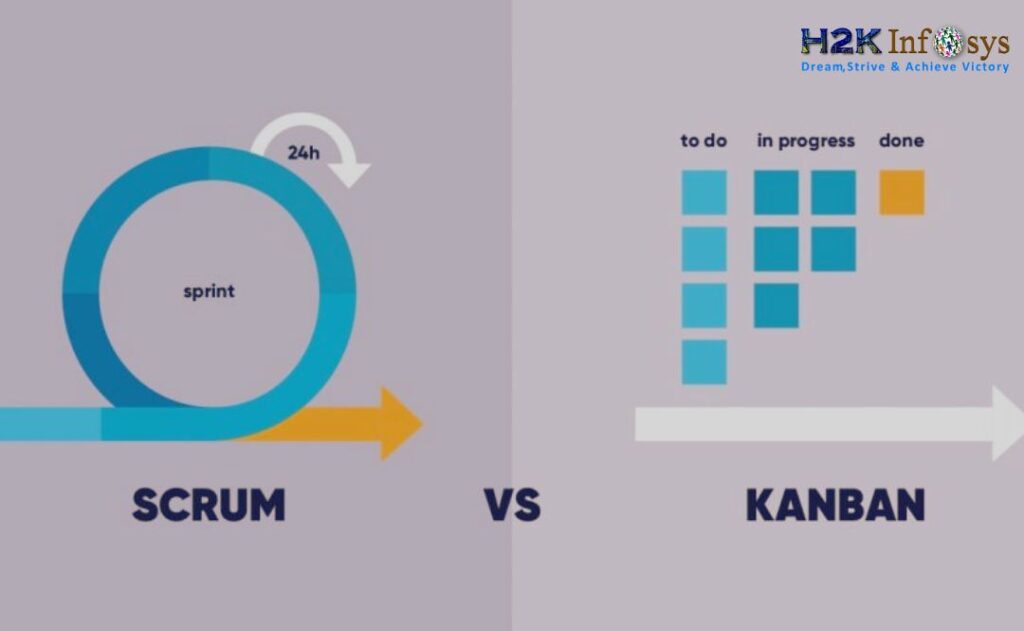Software quality assurance manual testing holds a vital role in ensuring that software products are functional, user-friendly, and bug-free before they hit the market. For anyone looking to land a role in QA, particularly in manual testing, understanding the key interview questions and how to answer them can make a significant difference. In this blog post, we’ll delve deep into the most common manual testing interview questions, provide tips on how to answer them, and share how QA manual testing training can prepare you to excel in your interview.
Introduction
In today’s competitive tech industry, employers are constantly looking for individuals who can effectively test and ensure the quality of software products. Manual testing is one of the most important forms of testing, where a tester manually goes through the application, identifies defects, and ensures everything works as expected. This blog will not only help you prepare for manual testing interview questions but also demonstrate how a QA manual testing training course can sharpen your skills and increase your chances of landing the job.
Why Manual Testing is Important in Software Development
Manual testing ensures that the user experience is as intended and that the software meets both functional and non-functional requirements. While automated testing has gained traction, manual testing is irreplaceable for many exploratory, usability, and ad-hoc tests where human insight is needed. Many organizations still rely heavily on manual testers to ensure that their software behaves as expected.
Statistics: According to a recent survey, 45% of QA teams employ both manual and automated testing methods. Manual testing is still an essential skill for those starting out in QA testing.
Key Manual Testing Interview Questions
Basic Manual Testing Concepts
Q: What is manual testing? Why is it necessary?
- A: Manual testing is the process of manually executing test cases without using any automation tools. It is necessary to detect defects in software by simulating the end-user experience, ensuring the product works as expected. Manual testing is critical for finding visual issues, usability problems, and unforeseen errors.
Q: What are the different types of manual testing?
- A: Common types include:
- Functional Testing: Ensures all features work according to the requirements.
- Integration Testing: Tests the interaction between different modules of an application.
- Usability Testing: Evaluates how easy the application is to use.
- Exploratory Testing: Involves testers exploring the system to find defects without predefined test cases.
Understanding the SDLC and STLC
Q: Can you explain the Software Development Life Cycle (SDLC) and its phases?
- A: The SDLC is a structured process used to create software products. Its key phases are:
- Requirement Gathering
- Design
- Development
- Testing
- Deployment
- Maintenance
Q: What is the Software Testing Life Cycle (STLC)? How does it differ from SDLC?
- A: The STLC is a series of phases specifically related to testing. These phases are:
- Requirement Analysis
- Test Planning
- Test Case Development
- Environment Setup
- Test Execution
- Test Cycle Closure
While SDLC covers the overall development process, STLC focuses solely on testing.
Test Case Writing and Execution
Q: How do you write a test case?
- A: A good test case includes:
- Test Case ID
- Test Description
- Preconditions
- Test Steps
- Expected Result
- Actual Result
- Pass/Fail Status
Test cases should be clear, concise, and cover all functionalities.
Bug Reporting and Management
Q: What is a defect life cycle?
- A: The defect life cycle, also known as the bug life cycle, involves the following stages:
- New: When a defect is logged.
- Assigned: When the defect is assigned to a developer.
- Fixed: When the defect is fixed.
- Retest: When the defect is re-tested.
- Closed: If the defect is resolved.
- Reopened: If the defect still exists after testing.
Test Plan Creation and Strategy
Q: What is a test plan, and what does it include?
- A: A test plan is a document outlining the testing strategy, objectives, resources, schedule, and scope of a testing effort. It typically includes:
- Test Objectives
- Test Scope
- Test Strategy
- Resources and Responsibilities
- Schedule and Milestones
- Risk Analysis
Advanced Manual Testing Interview Questions
Exploratory and Ad-Hoc Testing
Q: What is exploratory testing? When do you use it?
- A: Exploratory testing is unscripted and involves exploring the application without predefined test cases to discover unknown issues. It is typically used when there are time constraints or when the tester is unfamiliar with the application.
Q: What is ad-hoc testing, and how is it different from exploratory testing?
- A: Ad-hoc testing is similar to exploratory testing but without any formal process. Testers execute tests randomly without following a test plan or documentation.
Regression Testing
Q: What is regression testing? How do you approach it?
- A: Regression testing ensures that recent code changes haven’t negatively impacted existing features. It is critical for verifying that bug fixes or new functionalities do not break the system. Manual testers typically prioritize high-risk areas and execute test cases related to those features.
Cross-Browser and Cross-Platform Testing
Q: What is cross-browser testing, and why is it important?
- A: Cross-browser testing ensures that web applications work consistently across different browsers, such as Chrome, Firefox, Safari, and Edge. It’s crucial for maintaining a consistent user experience, as different browsers can interpret code differently.
Q: What challenges do you face during cross-platform testing?
- A: Common challenges include:
- Handling platform-specific bugs.
- Ensuring consistency in UI/UX across devices.
- Testing on a wide range of device specifications.
Industry-Relevant Skills for Manual Testers
Q: What are some key skills a manual tester should possess?
- Attention to Detail: Catching subtle bugs and issues.
- Analytical Thinking: Understanding the broader impact of a defect.
- Communication: Clear reporting of bugs and issues to developers.
- Time Management: Efficient testing within tight deadlines.
- Basic Knowledge of Automation: Though manual testers focus on non-automated methods, knowing automation can help in career growth.
The Role of QA Manual Testing Training in Career Success
To excel in a manual testing career, thorough training is essential. QA manual testing training not only familiarizes you with testing tools but also teaches you how to effectively apply testing techniques in real-world projects. A well-structured QA manual testing training course covers essential topics such as test case creation, defect life cycle, and manual testing strategies that are often highlighted during interviews.
QA testing training programs also offer the following:
- Hands-On Practice: Learn by working on real-world projects.
- Comprehensive Curriculum: Cover all the critical areas, including regression testing, exploratory testing, and more.
- QA Training and Placement Assistance: Many courses provide placement assistance, helping you transition from training to a professional job.
Conclusion
Manual testing is a critical aspect of software quality assurance. The interview questions we’ve covered in this guide can help you prepare for your job search. It’s essential to not only understand the theory but also gain practical experience, which is where quality assurance software testing courses come into play.
By enrolling in a comprehensive QA manual testing training program, you’ll gain the knowledge and hands-on experience needed to excel in manual testing roles. Whether you’re just starting or looking to advance your career, manual testing skills remain a valuable asset in today’s tech industry.
Key Takeaways
- Manual testing is essential for software quality assurance and user satisfaction.
- Key interview questions range from basic testing concepts to advanced topics like exploratory testing.
- A successful manual tester needs both theoretical knowledge and hands-on experience, which can be gained through proper QA training.
Call to Action
Looking to boost your career in manual testing? Enroll in H2K Infosys’ QA manual testing training today and gain access to expert instructors, hands-on projects, and comprehensive job placement support. Our QA training and placement programs.





























One Response